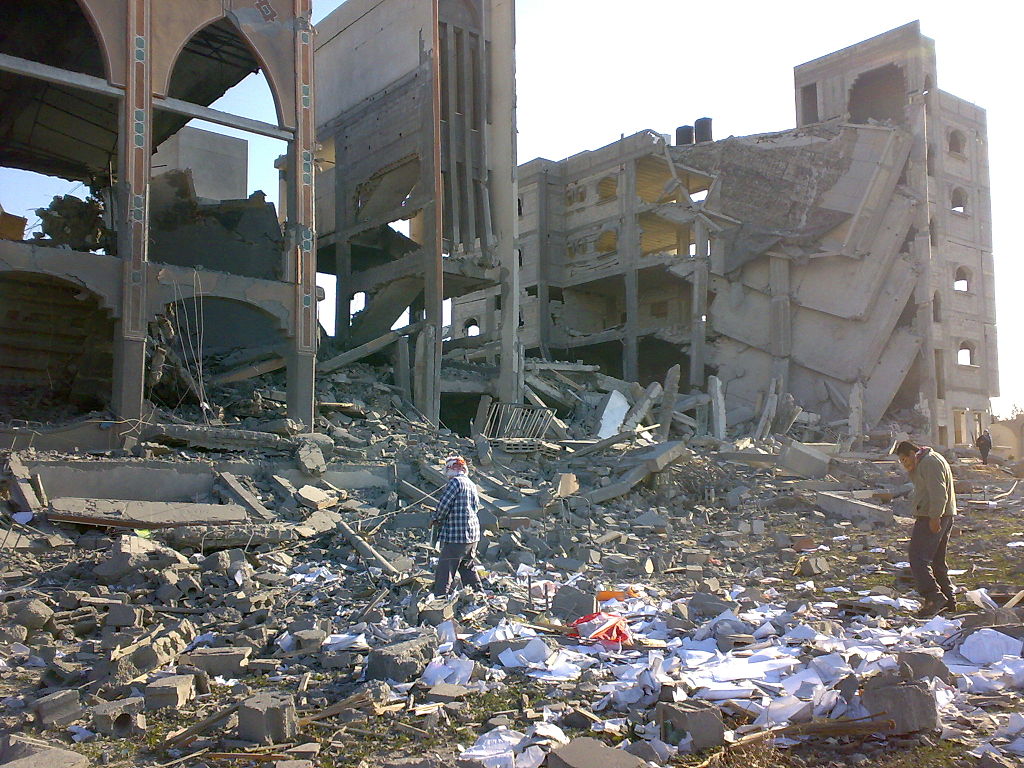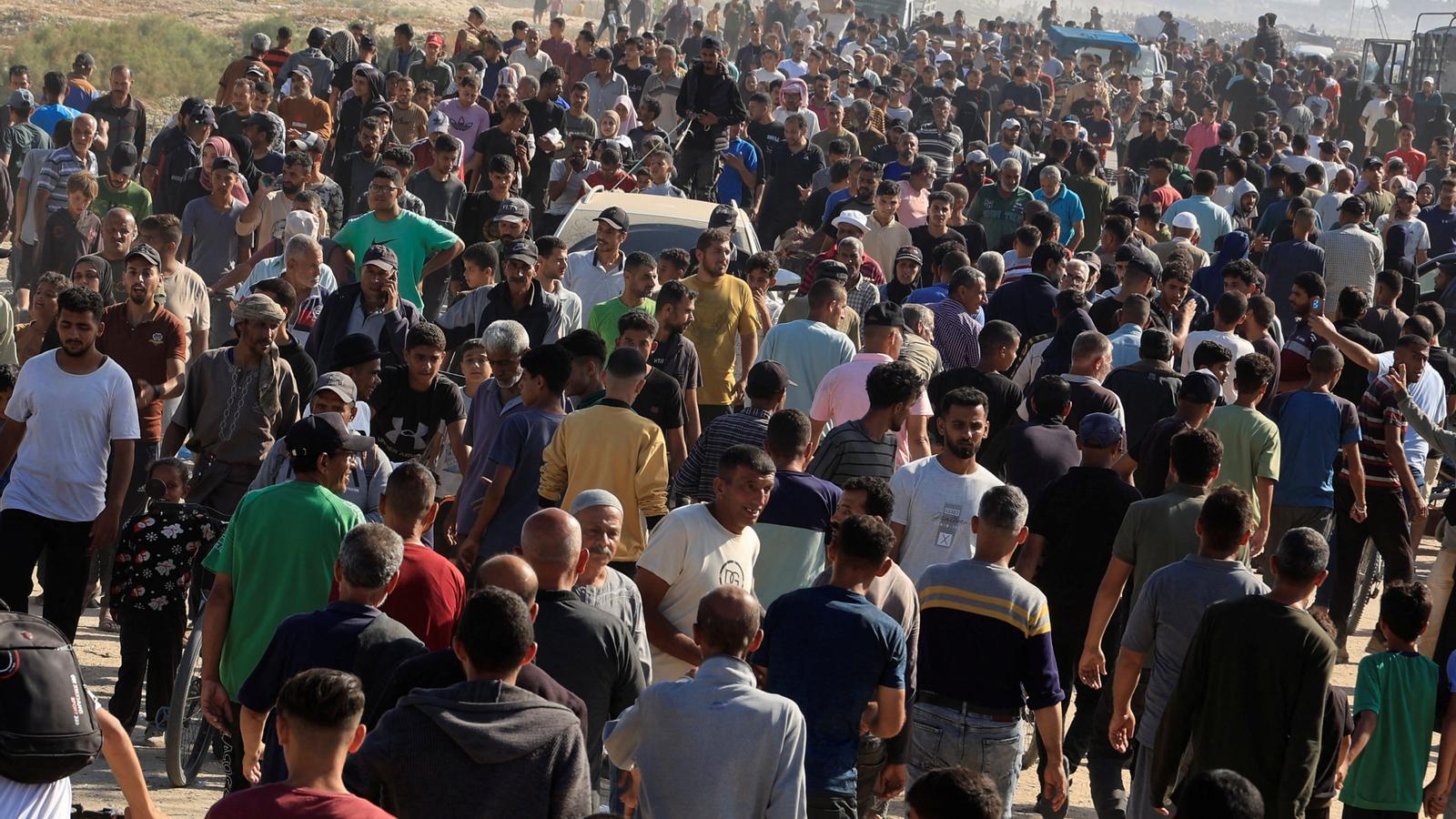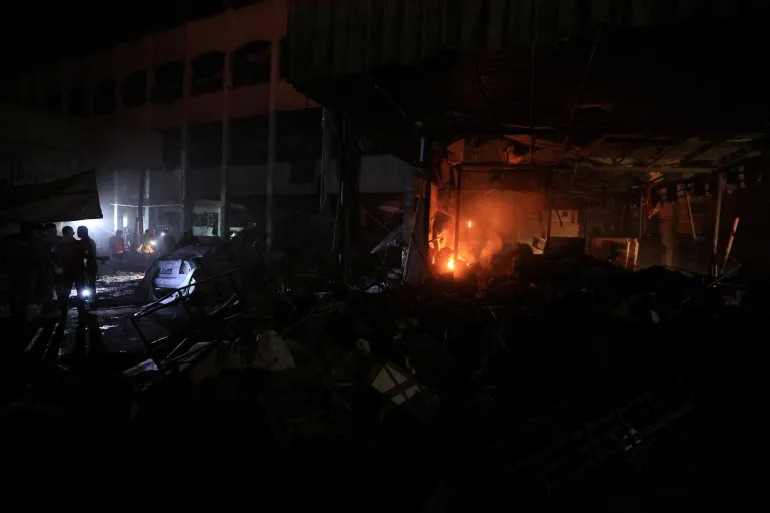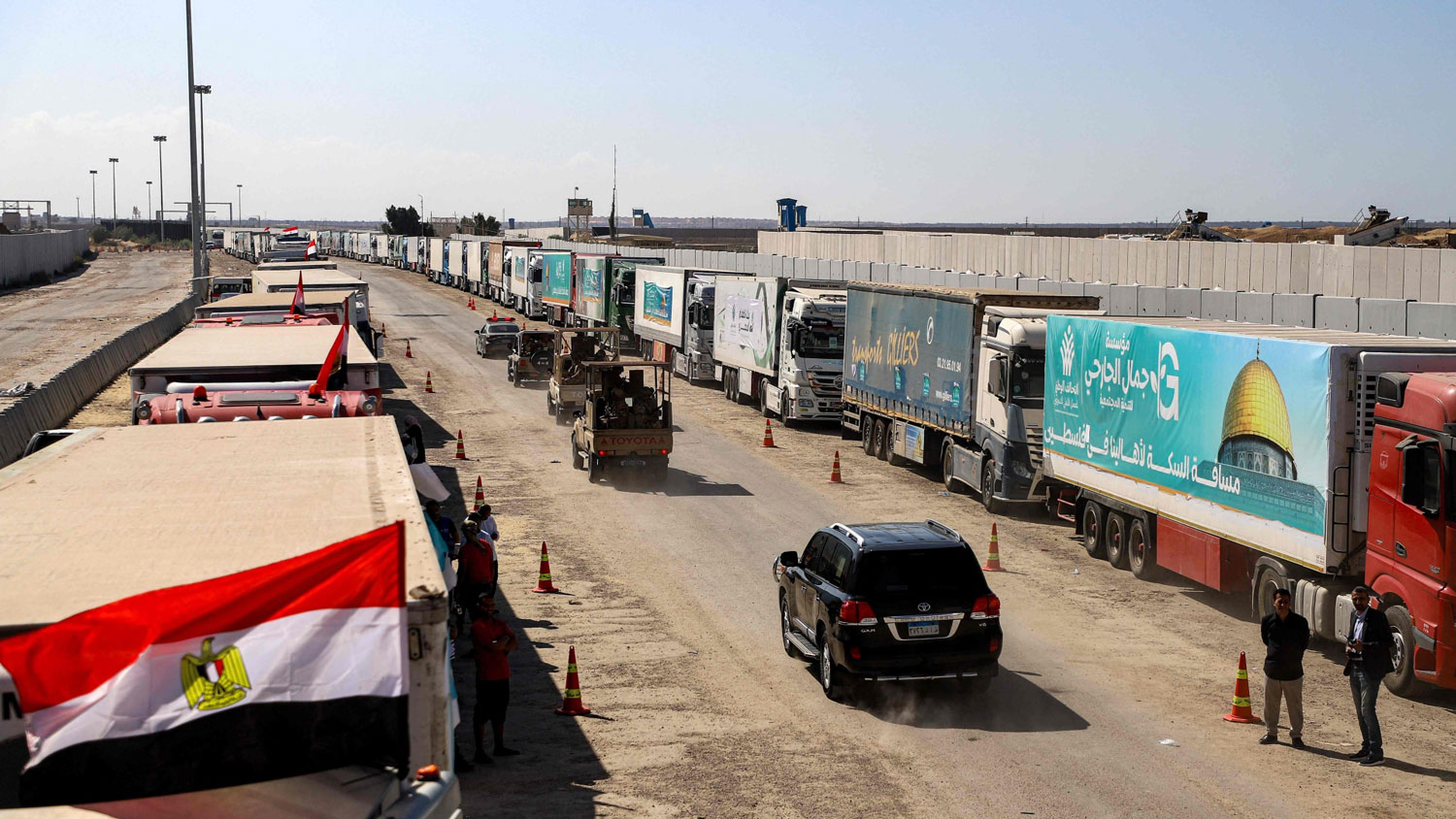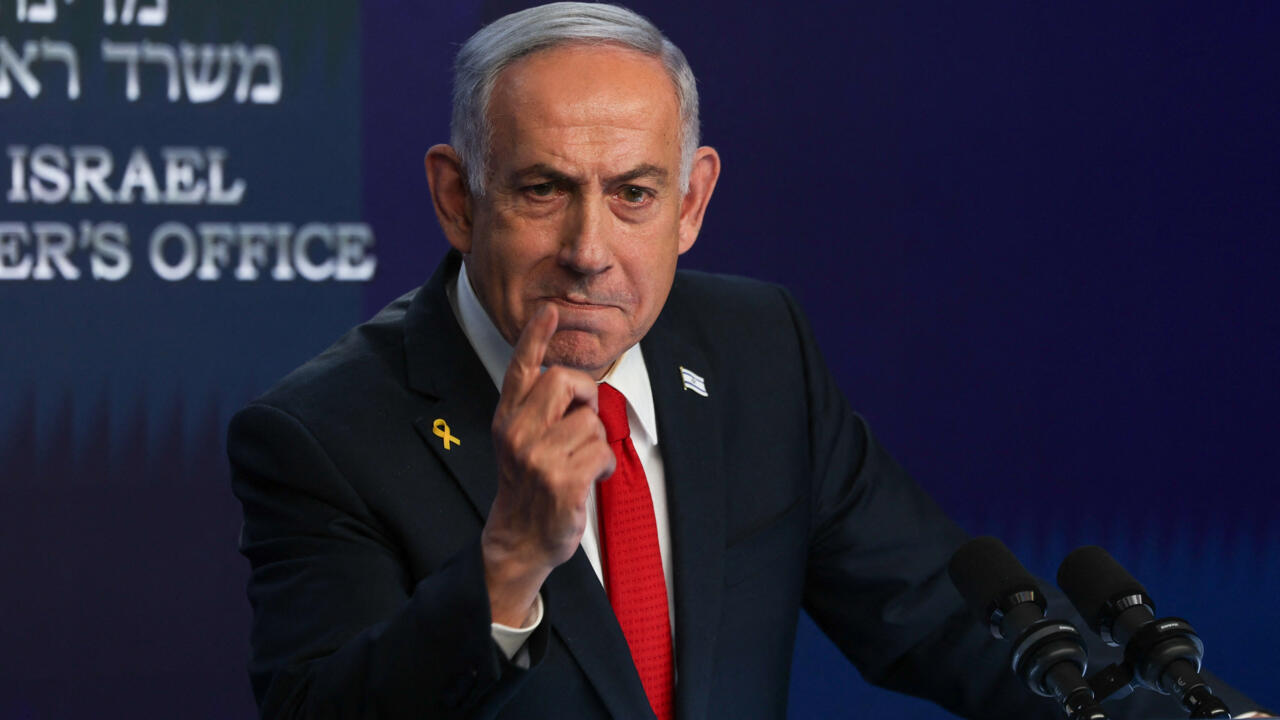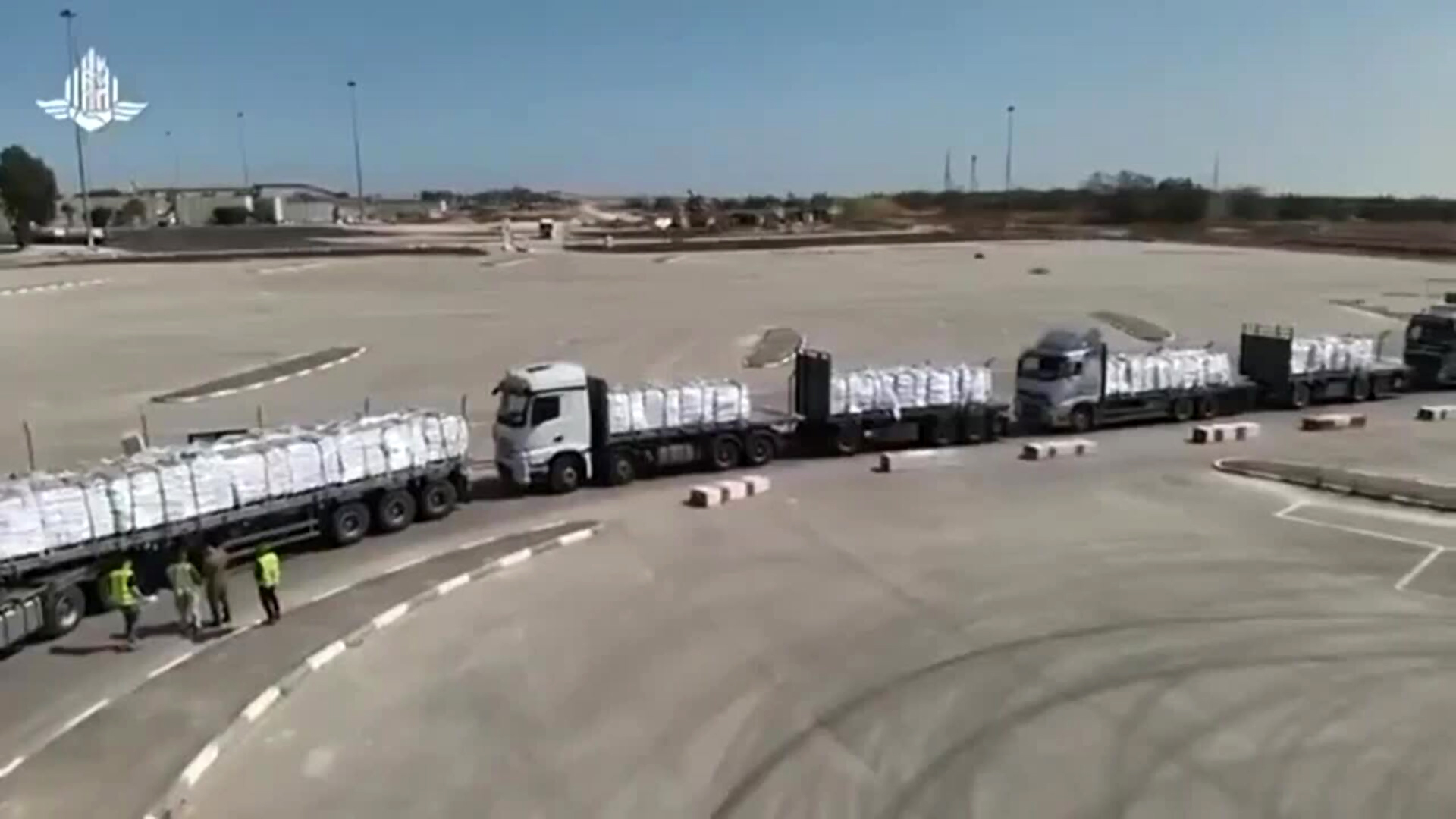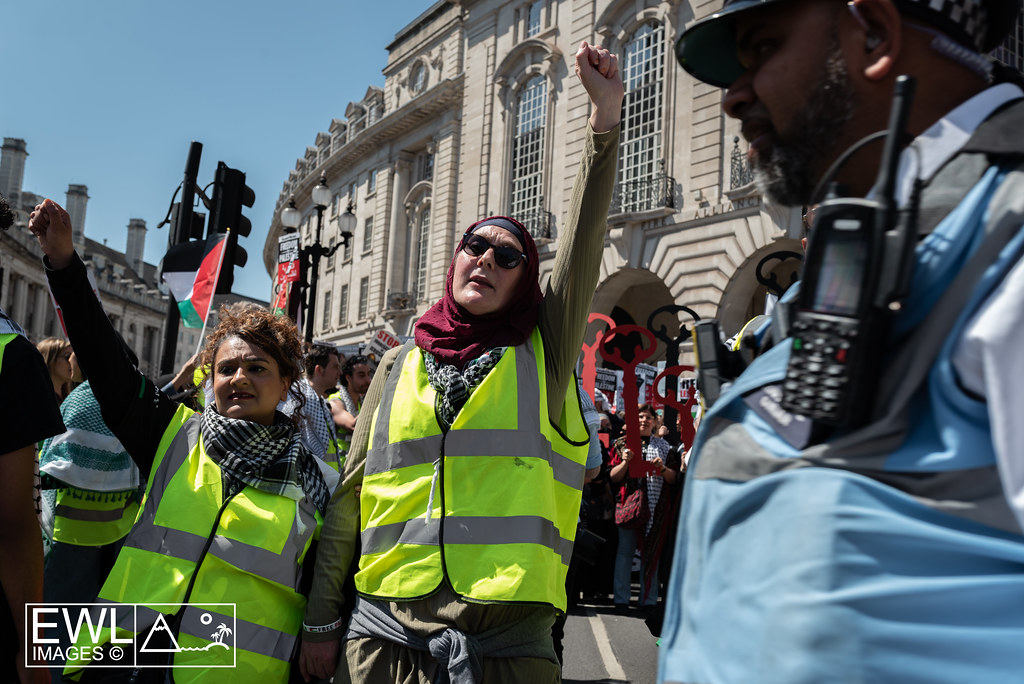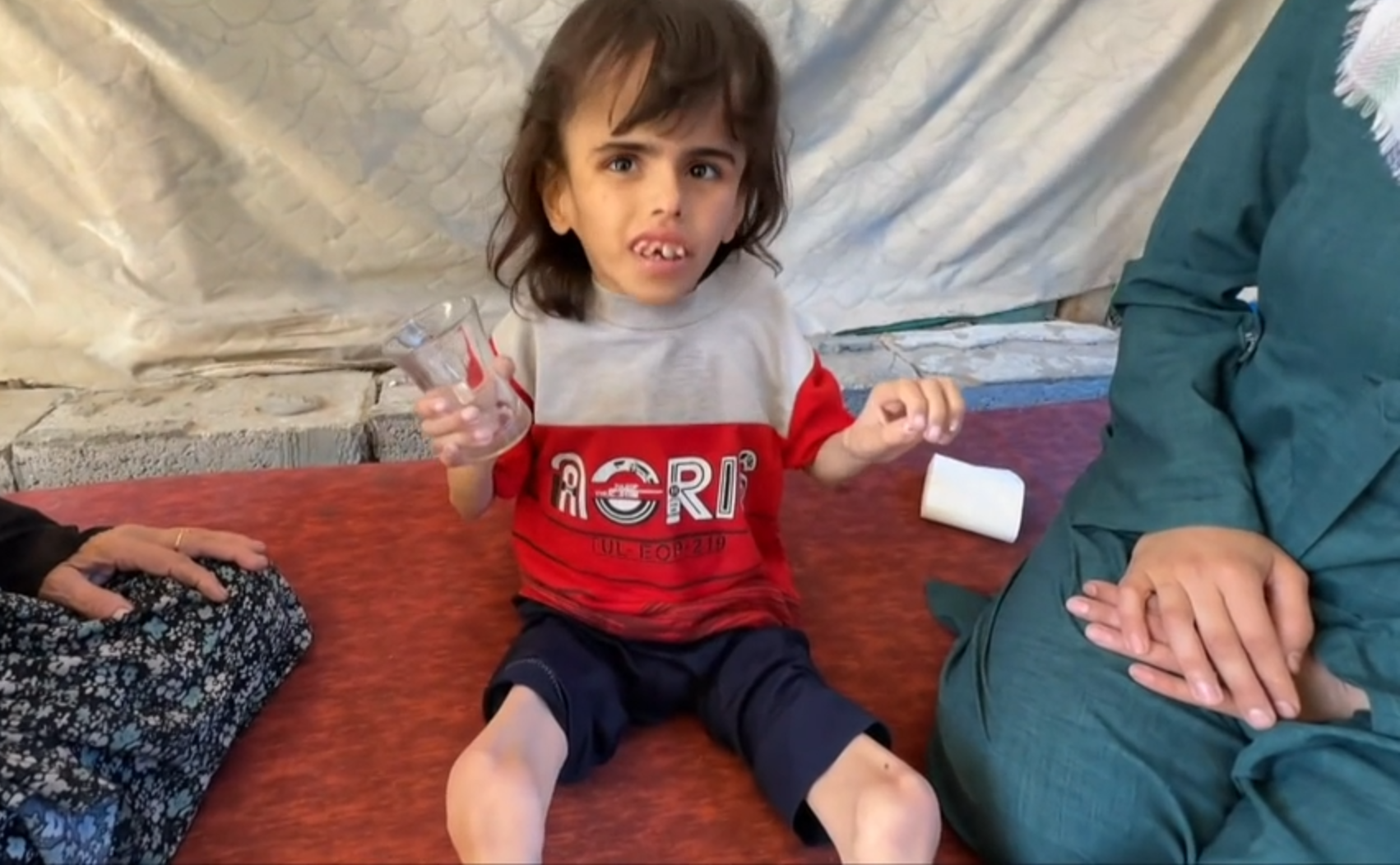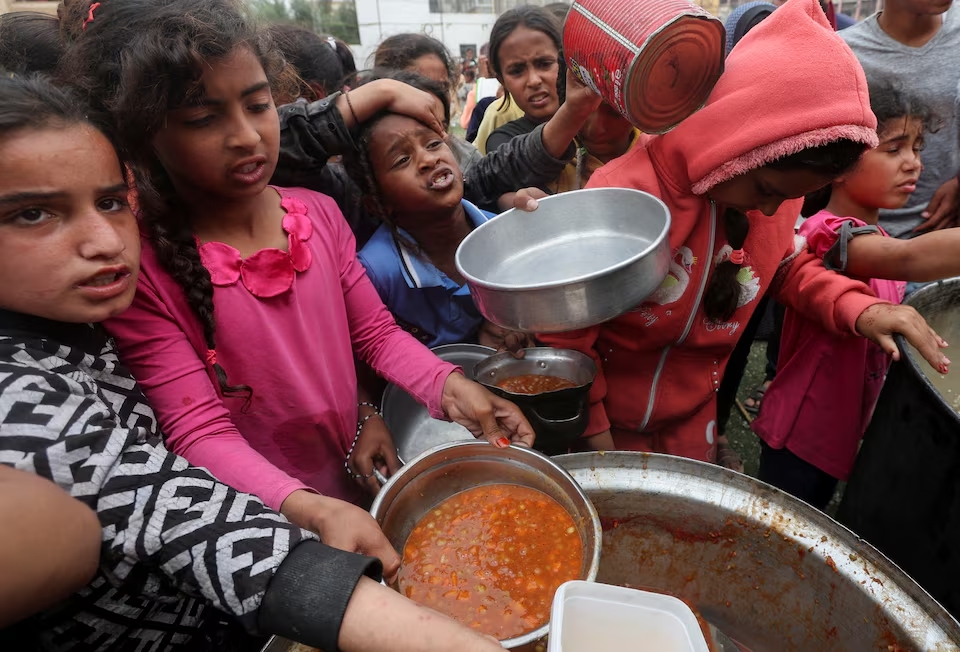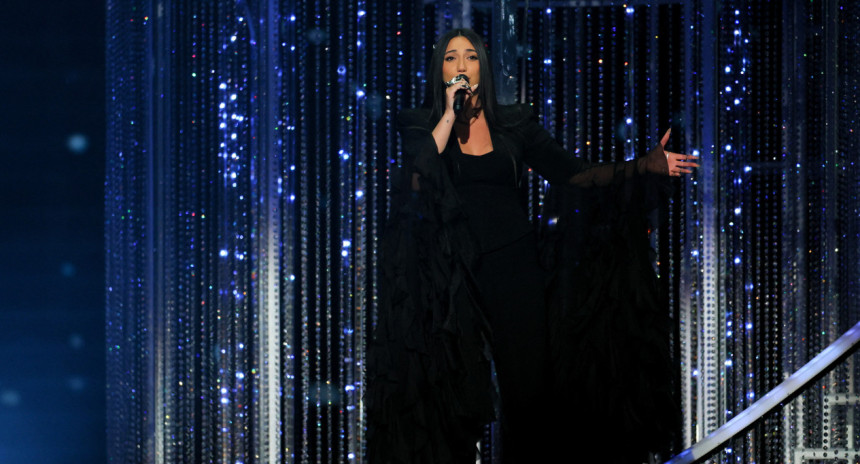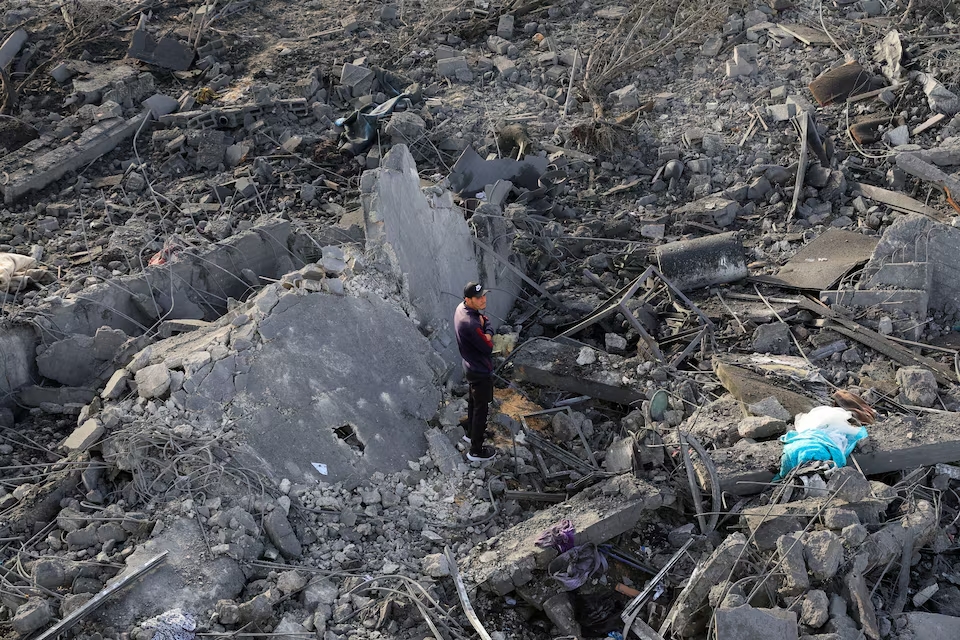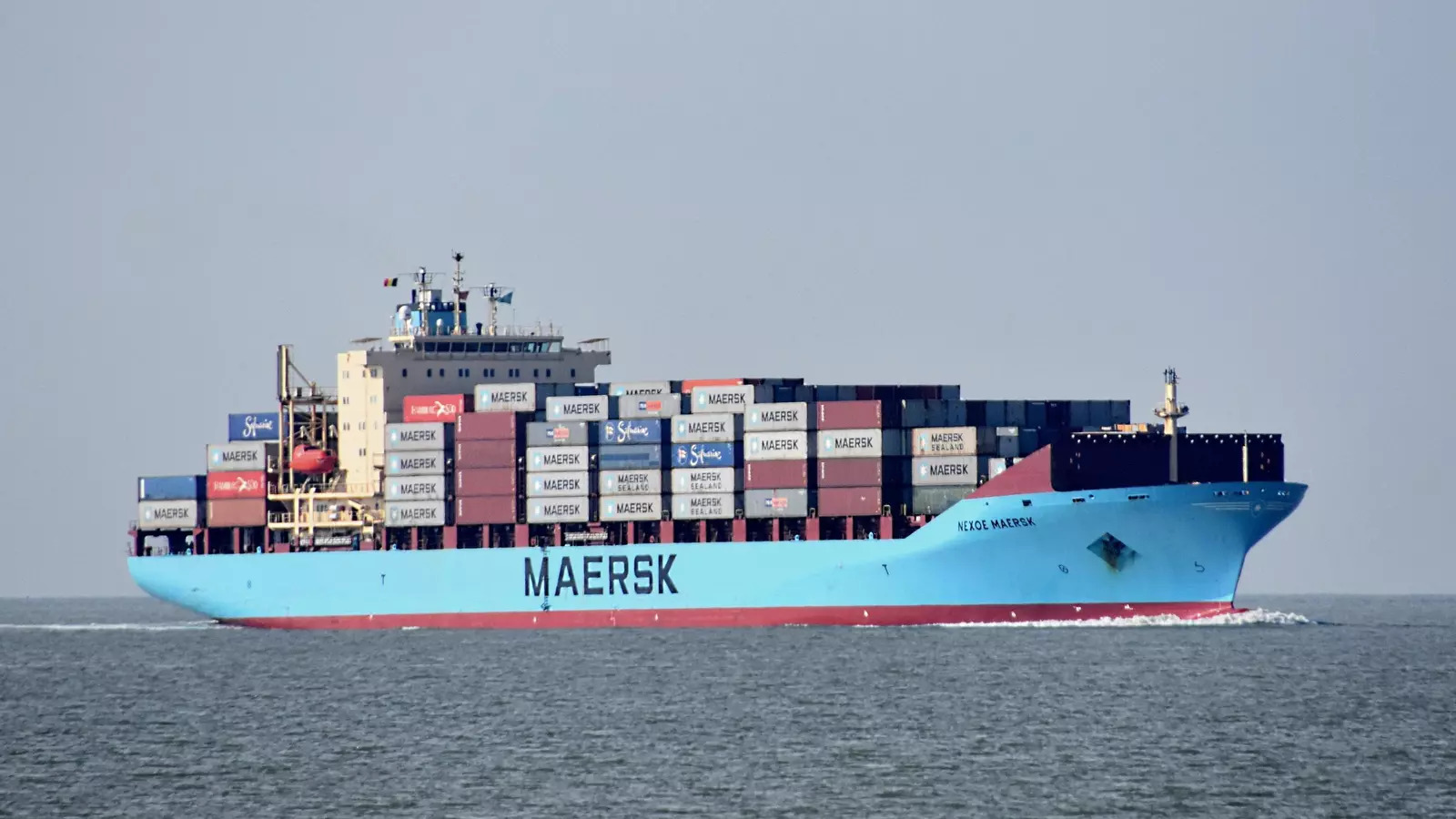"The State of Palestine is fiction, as is peace"
- Two decades after the first oppression of the Middle East, Mikel Ayestaran (Beasain, Gipuzkoa, 1975) brings the history of Gaza and its stories in his latest book: Stories of Gaza. Life Among Wars (Stories from Gaza. Life between wars) (Península, 2025). A “small piece of land, the gateway to the desert and the port of the Mediterranean” has become a fortress dominated by bombs. Ayestarán talks about what Gaza was, what it is and what it can be during his presentation tour in the Basque Country.
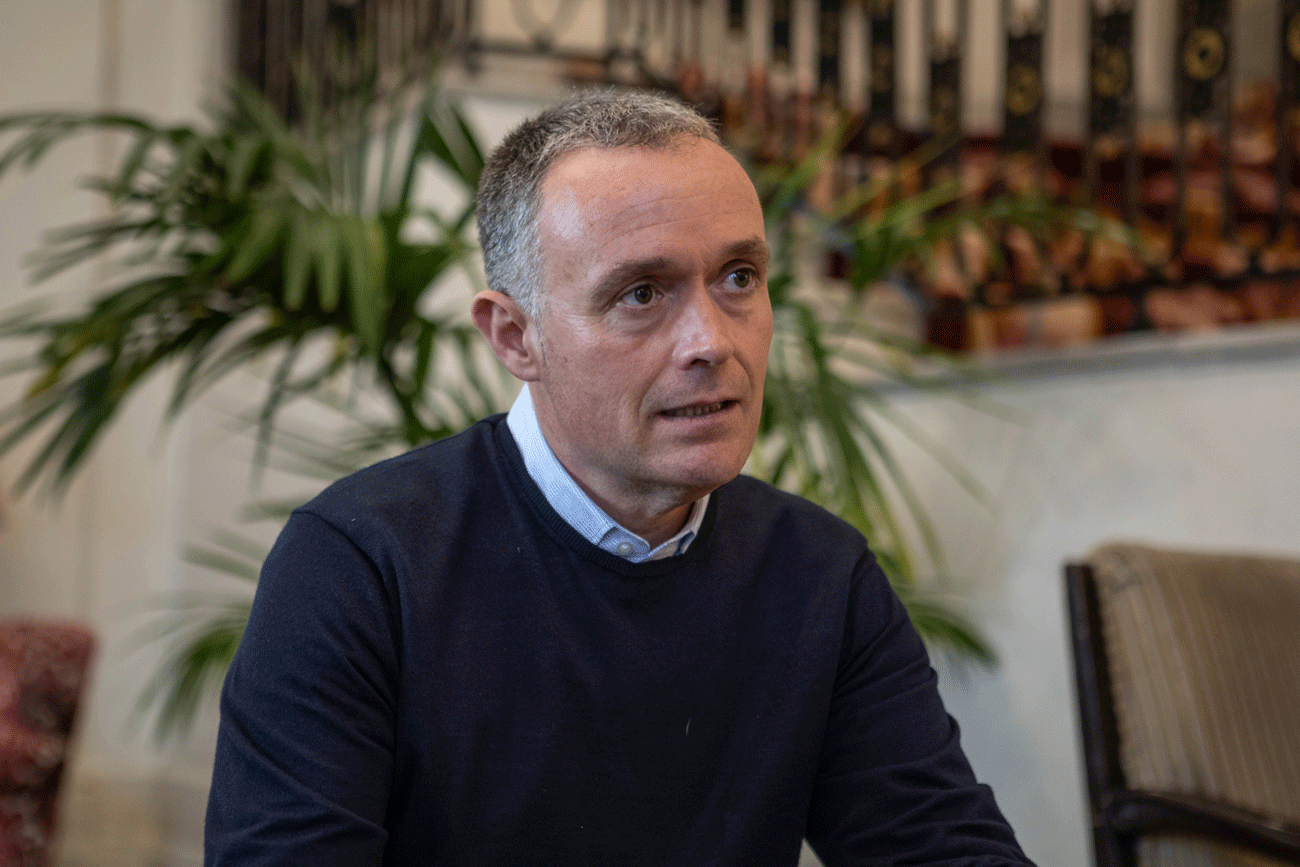
You have made three presentations of the book in the Basque Country, all three full of people and outside with long lines. What's the sign of?
As a sign of interest, it really shows that the message has arrived. In the Basque Country, the truth is that the Palestinian cause has had its place for a long time, a favorite place. With this book, it’s clear to me. Many people have come to the presentations, there have been very interesting questions. This is the most important thing for me: That Gaza still arouses interest. And that gives me hope.
You have named the book Tales of Gaza in plural. For what reason?
On the one hand, because Gaza is a historical place; and on the other, because there are a thousand accounts to tell about it. Normally we always tell the stories that were raised during the war – that Hamas has launched rockets, that Israel has carried out bombings... – but there are many more things to tell, and that has been my goal. But the subtitle of the book, Life Between War, is also very important.
Is that peace in Gaza?
I wouldn't use the word peace. I would use an apparent calmness or a formula like that. As long as the occupation is in force, I don’t think we’ll see peace, I think it’s too big of a word.
This book has a lot of your personal side compared to the rest of you, doesn't it?
Yes, personally and professionally I have a very close relationship with Gaza. There are a few coincidences in the last twenty years and I say to myself: "Is it possible? ". His daughter was born in a truce, now she is 16 years old in another truce; his wife left Mendaro and ended up working in another hospital in Gaza... We have a close relationship with Gaza at home, and that is why I have included this personal part.
This book contains a chronicle of journalism on the one hand, but I have also made a documentary effort to deal with history. I've included information extracted from some of the libraries I had at home. And on the other hand, the first person is also very important because it makes sense: Gaza really weighs in on our house, I don't say that easily.
The book begins on October 7, but it is not a book about October 7: You tell 3,000 years of history.
The history of Gaza is very interesting, how many villages have passed through it. Now was the time to tell it, especially because I thought that Trump’s plan [to turn Gaza into a huge tourist complex] will be carried forward and that we will meet another Gaza from now on. This must be told now, the book must stop there so that people know what Gaza has been; we do not know what will happen in the future, but until now, at least, let them know.
What was that old Gaza like?
I remember that when I first entered Gaza, my impression was that I was alive, full of people; the small place is inhabited by many people, so there was a huge concentration of people in the streets, in the parks. Donkeys, horses, people, market, noise. He was alive. It’s not like that now, at least not in the last year and a half. Then we'll see. If the plan that Trump wants to fulfill, and Israel wants to fulfill, of course, we will not have Gaza. We will have something else, we don’t know what, but unfortunately we will see a radical change. There's a lot of impotence. I'm very sorry, all the conversations are very dark.
You talk about Trump and Netanyahu. As long as they are, won't this change?
To change the situation there must be a change in the United States of America, and that will not happen. There was Biden before and now there’s Trump, and things don’t change. In fact, for the United States, Israel is an internal policy, not an external policy. David’s asterisk is another asterisk on the US flag with the highest brightness. That is why, in the United Nations Security Council, for example, the United States will never pass a resolution against Israel. They support Israel: on the one hand, they provide it with economic and military assistance to carry out the war, and on the other, they provide it with diplomatic assistance.
We are in the new era of narcissists, and Netanyahu is in the first division of that league, and with him are Putin, Orban, Trump... Netanyahu’s dream was, and still is, to be the Prime Minister who has spent the most years in Israeli rule. But now he has a problem: he will go down in history because he was prime minister when the attacks of October 7 took place. And he can't stand that. That is why it needs a war, yes or no, and it will not stop until Gaza is completely eliminated. But above all, it will not stop because it does not want a thorough investigation, because at the time of its execution it is the main responsible. That's why I think as long as there's Netanyahu, this isn't gonna stop. It’s very hard, it’s a collective punishment in a massive way. There will be ceasefires, but it will always keep its focus there, and it will re-ignite from moment to moment, as it has happened now.
In the book you mention the case of Margalit. The Argentine, who joined the Israeli army, established settlements in Gaza and later repents and is in activism. Are there many like him?
Margalit's case is a minority, a miracle. It takes a lot of courage to defend such an opinion within Israel. In fact, there have been mobilizations in Israel, but to free the hostages: after they have achieved that, do what they want with Gaza. But this has been the case for the last 30 years, not just now. Israeli society doesn’t care what happens in Gaza, they don’t see what happens on the other side of the wall, and the same thing happens with the West Bank.
Unfortunately, the leftist movement in Israel that we have in mind, of an era, today constitutes a minority. Civil society in general, if we look at the results of the last elections, has taken a leaning towards the right, as in the Spanish state. But what happens is that the right wing of Israel is the other extreme right in any other country. Thus, now the colonists control the army and are in government: They have the Ministry of Economy, the Ministry of Internal Security is also in the hands of the settlers. The situation is different now.
In the book you say: "When Gaza roars, the rest are silent."Has it become a vital issue in the international press?
If there is war. "Between wars" doesn't exist. That's why we needed this book. We remember Gaza when there are weapons, but then it is silent and we forget it. If we go to the Hemeroteca, it is very clear: it disappears from the moment the ceasefire enters into force. But when he has reason to appear in the news, I would say, he has gained more weight than Jerusalem in the last decade.
In the interview with LUZ in 2016 you explained that in the Middle East it is extremely difficult to obtain pure information, dominated by propaganda. In this book you also mention the "machine of disinformation and propaganda in Israel". So, how to inform?
Well, the propaganda is on both sides: Israel, yes, but also Hamas, of course. Moreover, in the current conflict, international journalists are unable to enter Gaza, so their absence makes it even more difficult to receive real information. I don’t believe the information the army gives us: they attack a hospital and two seconds later they extract the communiqué saying that it was a Hamas settlement. In the first few weeks there was concern, perhaps it could be true what the army was saying. But after a year and a half, it's clear that no, this is revenge. They want the amount, the blood. I find it interesting to hear people’s testimonies.
Kayed, your fixer [a translator, assistant and local guide for international journalists] appears in the book.
Yeah, and I know other Gazans like Kayed. Thank goodness I have a network that I’ve been working on for the past 20 years, and thanks to that I know what’s going on inside Gaza and they’re fine.
You’re posting the Gaza Menu series on Instagram to show exactly what Kayed and his wife Amal eat in Gaza. You have denounced that hunger is being used as a weapon of war.
We hear the numbers in the media, but this project goes to reality, to intimacy. You have to reach out to people to write about Gaza or a conflict like that. It takes a heart to reach people, it takes building bridges. And the right bridge is to see people. Kayed's family, like ours, has to eat every day. When you get to 300 photos, you see that there has been a year and a half without eating fresh meat, without tasting fruit, without fish.
The project has gradually gained weight and has managed to imagine that hunger is a weapon of war. That, for me, is the success of the project: that it has been a project to denounce hunger, and that the message has been addressed to the people.
And somewhere he succeeded. You have been awarded the Ortega y Gasset Award, the theme and cover of this year’s issue of the 5W magazine that you are the creator of...
Yes, I'm very happy. The project has had a great impact and now we are working with the book. I think it’s a very powerful project and I also think it has the potential to open up to any other conflict. It was lit between Kayed and me by message, and over time it has taken this dimension. It was often a miracle because they had trouble finding something on the plate, they had internet problems... I hope it ends quickly, forever. We interrupt in January, but we're back again, because the guns are talking.
You said earlier that it is necessary to change international policy to end the conflict. But will the solidarity received internationally not exert pressure?
Without international pressure nothing will change, no. There’s a lot of support, especially in the United States. But the fact is that there is no political will to introduce practical changes. People tell me that the Spanish government has recognized the State of Palestine. And I say: "But where? On Mars, on Jupiter? ". There is no place, it is only for one state.
Gaza is almost non-existent, the West Bank is occupied from top to bottom and will not retreat. Where will the State of Palestine be founded? It is not a question of saying that the State accepts it; practical and political measures must be taken to carry it out. Say yes, but I don’t see actions anywhere, and without political will nothing can be done. International pressure is essential for this. Neither from the West, nor particularly from the Arab world, is there any political will to create a Palestinian State.
Not only you, but the Palestinians you have interviewed do not believe that a two-state solution is possible.
I repeat: where, then? I have spent eight years there looking for the State of Palestine and I have not found it, there is no place, everything is occupied. The Palestinians are waiting for a miracle, but that miracle is to survive, not to create a state. The State of Palestine is fiction, as is peace. There is only one state, Israel, and only one reality, war; there is nothing else.
But the other side of this is that Gaza does not give up, what is happening there can only be endured by the Palestinians. The only light is the resistance of the Palestinians, not now, for 3,000 years.
I could have written about the invasion in the hooligan of Bilbao, but I live in a small village and I have not suffered. I could have written about Euskaraldia to thank those of you who have helped us not turn our backs on Euskaraldia, but that is not what the body asks of... [+]
“The massacres in Gaza are war events and the culprit is Hamas. (...) I don’t need to be ashamed at all of Israel’s way of fighting. (...) Everyone would be happy if Israel finished its work.” These are the words of Haïm Korsia, the Grand Rabbi of France – the highest... [+]











